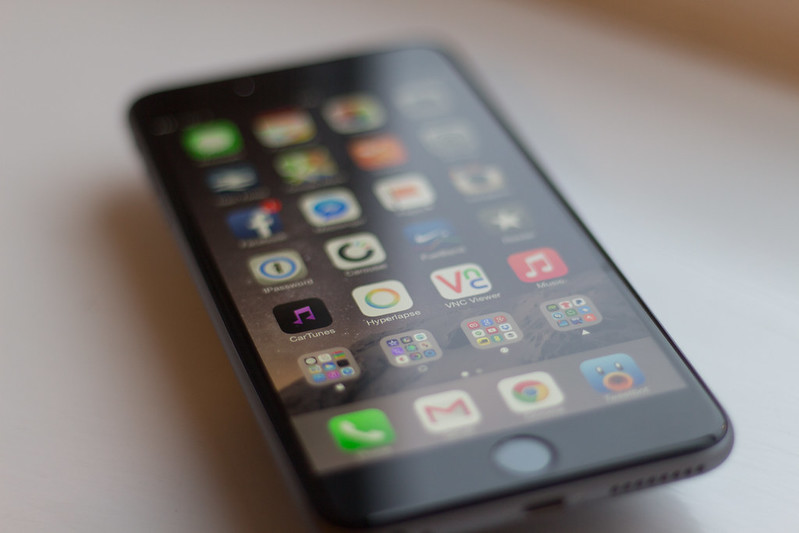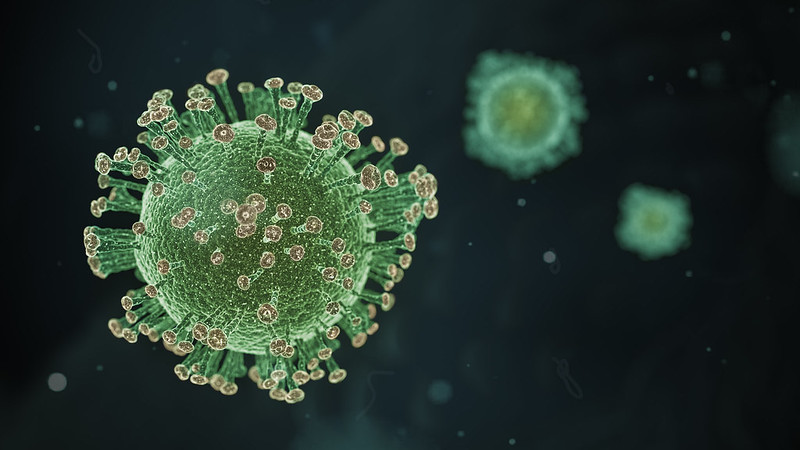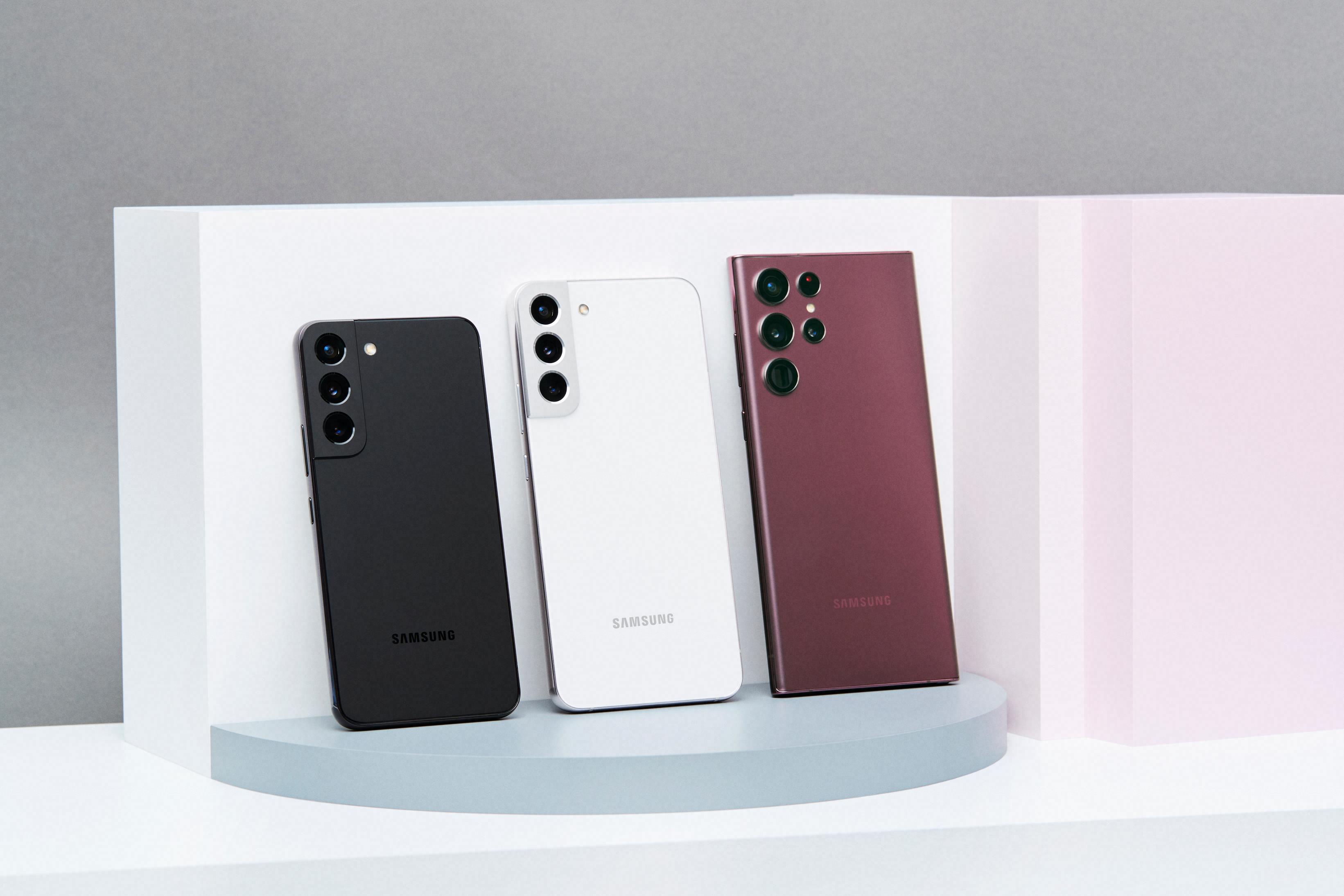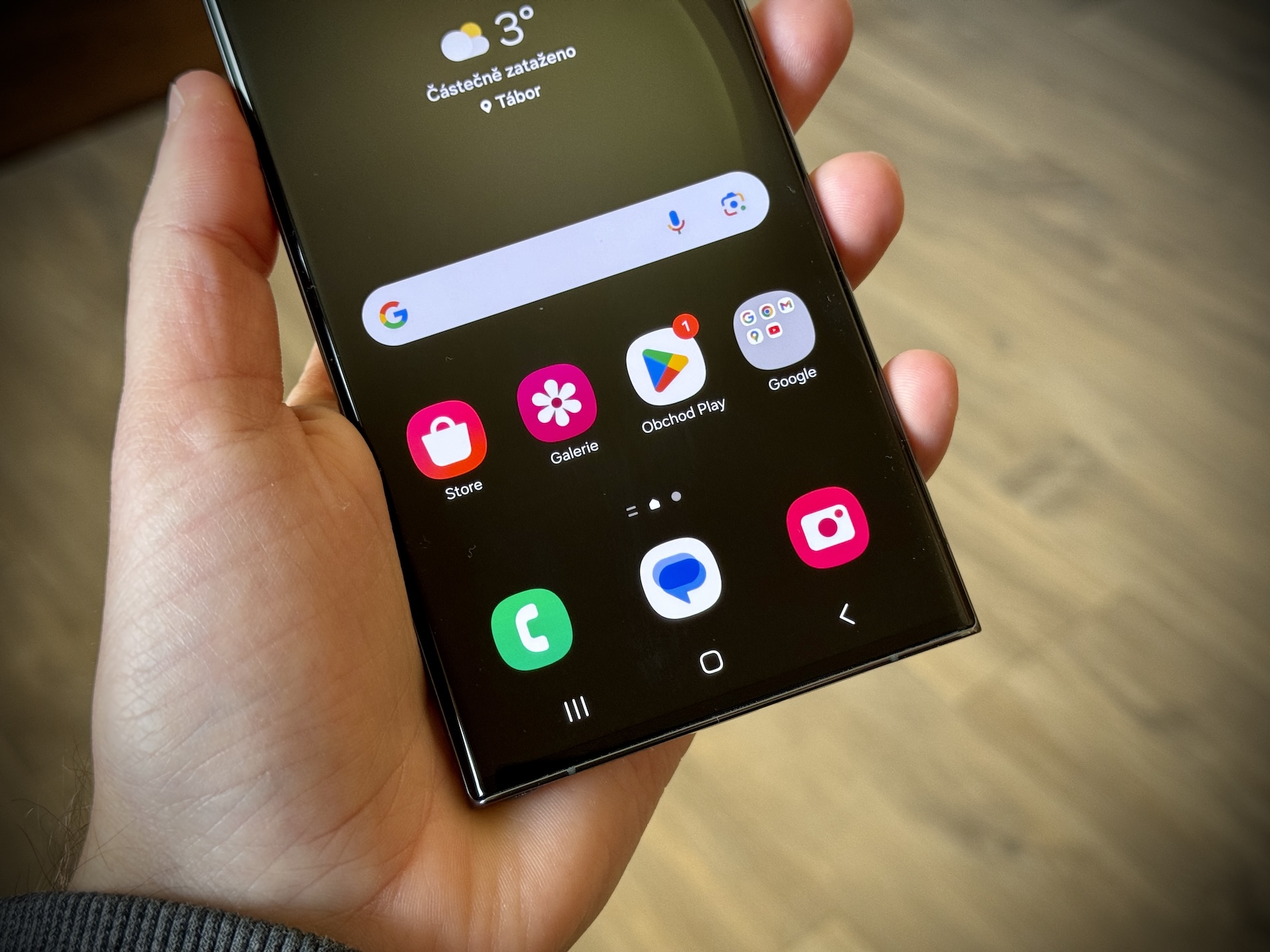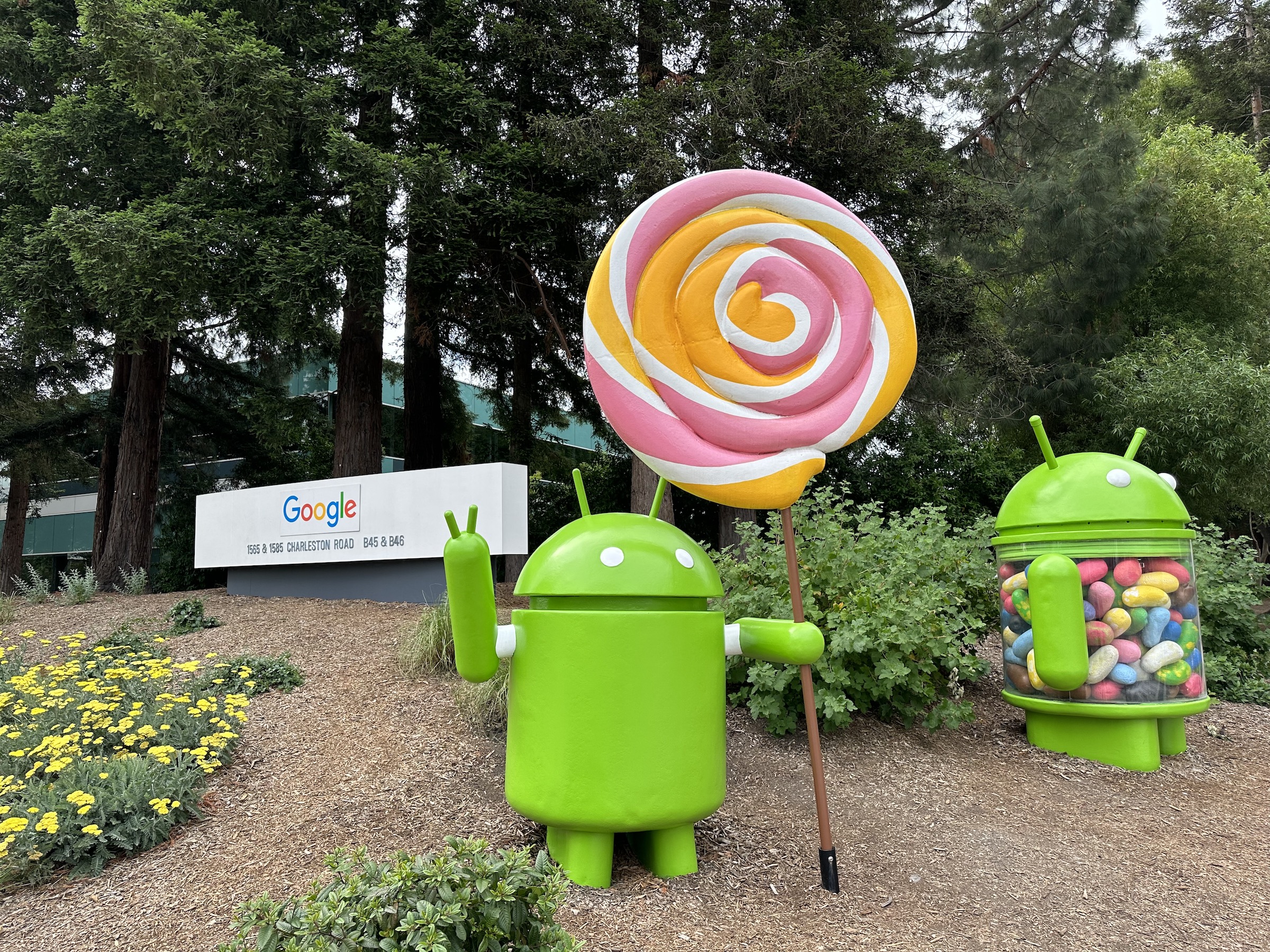The virus that causes the disease, COVID-19, can remain active on smooth surfaces such as smartphone screens, metal surfaces and paper bills for much longer than the flu virus. According to scientists from Australia's national science agency CSIRO, it can remain viable for up to 28 days, albeit in a highly controlled environment. Under the same conditions, the flu virus remains infectious for only 17 days.
The team of scientists said their research shows that compared to other viruses, the coronavirus is "extremely resilient". "These findings show that SARS-CoV-2 can remain infectious for much longer than previously thought possible," the study concludes. (Fabrics and other porous surfaces can carry the infectious virus for about 14 days.)
While research shows the importance of cleaning and disinfecting phones and other surfaces, it comes with some big "buts." First, it was conducted at a constant temperature of 68 degrees Fahrenheit (20 degrees Celsius) in dark conditions to suppress the effects of ultraviolet light, a far cry from real-world conditions. The researchers also did not use fresh mucosa, commonly present with viruses on surfaces, which contains white blood cells and antibodies, in the experiment.
Moreover, according to many experts, the risk of transmission of the coronavirus from surfaces is not so "hot". As the US government agency CDC (Centers for Disease Control and Prevention) states, for example, "transmission through contact with surfaces is not considered a common way of spreading the coronavirus." It is said to be most commonly spread by droplets released when coughing or sneezing. The new findings also suggest it can be airborne in "poorly ventilated and enclosed spaces where heavy breathing activities such as singing or exercise are frequent."
